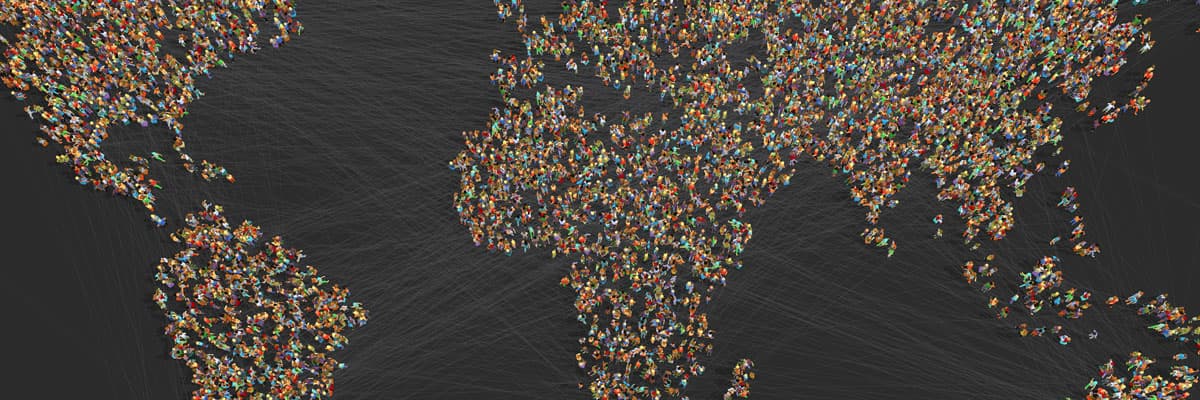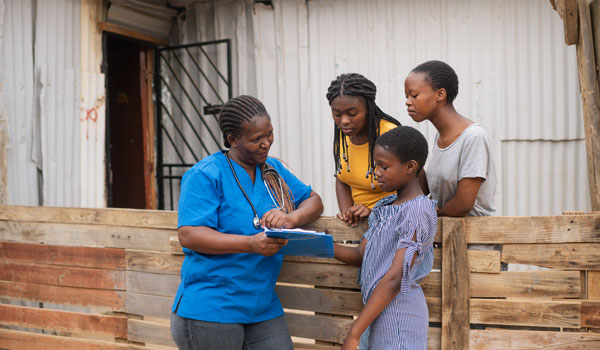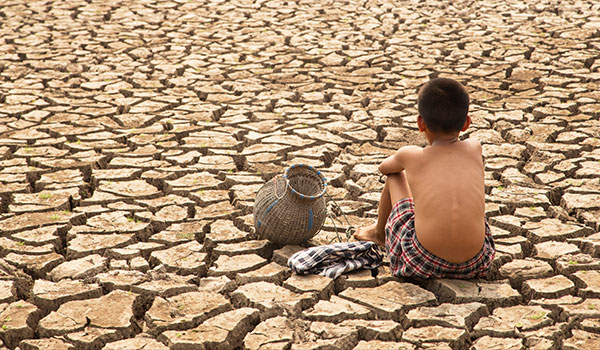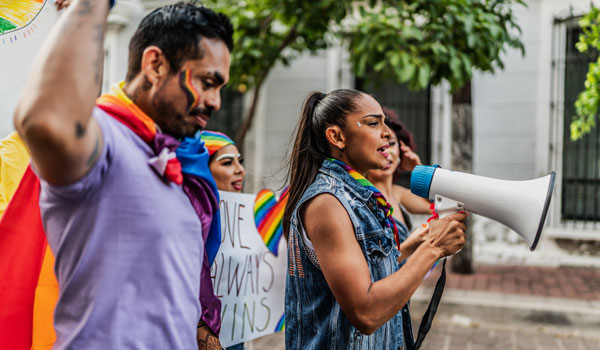Researchers in the School of Global Affairs are exploring global challenges and social transformations by innovating new forms of interdisciplinary research.
We bridge expertise and use collaborative methods across the arts, humanities and social sciences to analyse how global changes impact local communities around the world.
Our research brings a unique post-disciplinary perspective on policies for social change.
In the latest research excellence framework (REF2021), our work contributed to an assessment of 96% World Leading or Internationally Excellent for English Language and Literature. We also contributed to the outstanding results of Art and Design, Modern Languages and Linguistics, Sociology, and Theology and Religious Studies.
From the climate emergency to the rise of new technological advancement, the School of Global Affairs defines new research agendas and methods to tackle the biggest issues facing humans and the environment in the twenty-first century.







